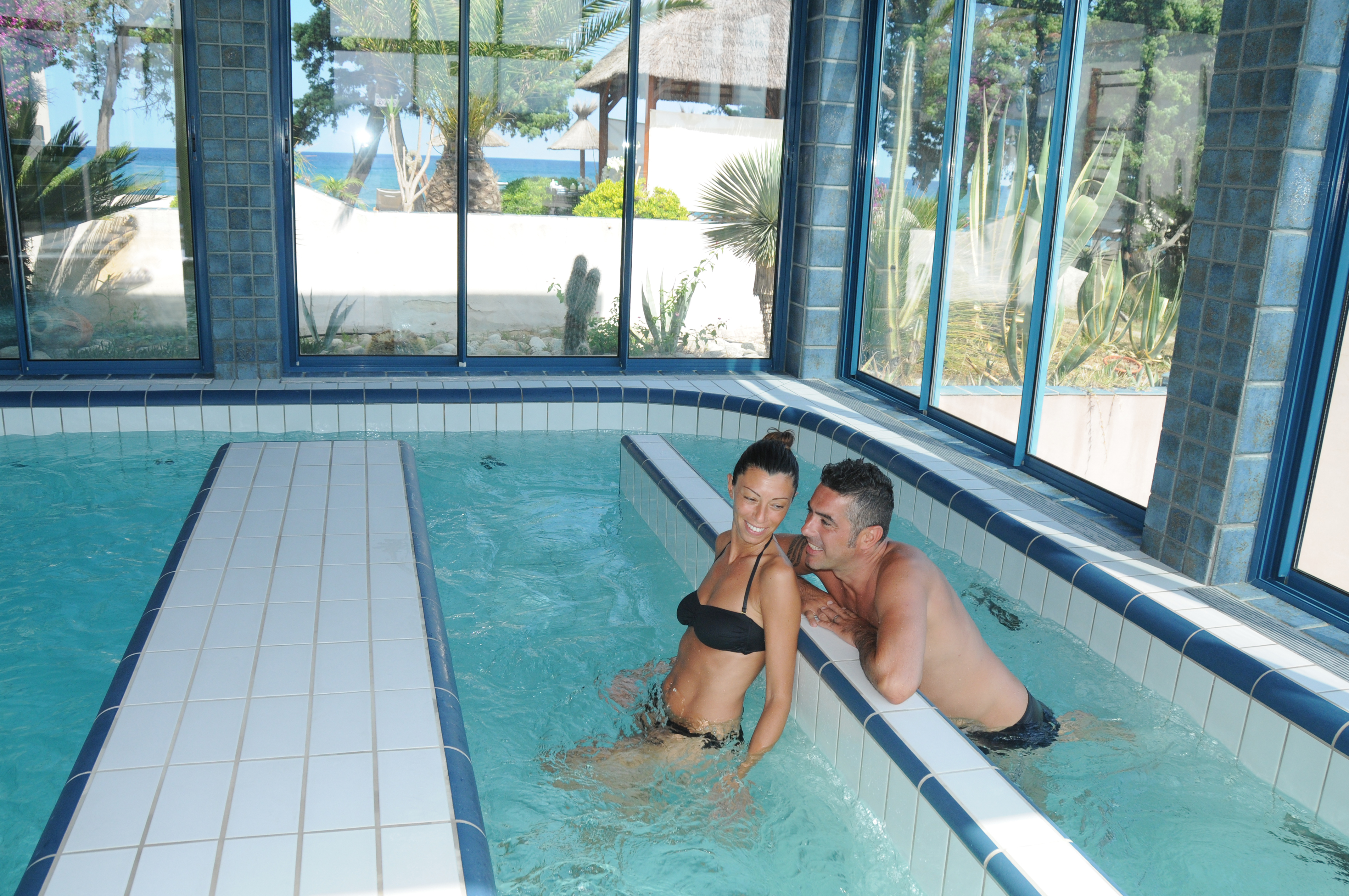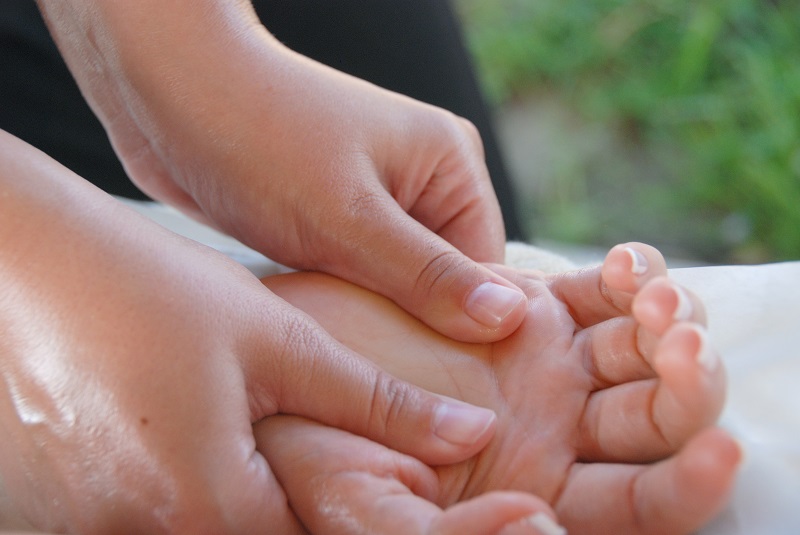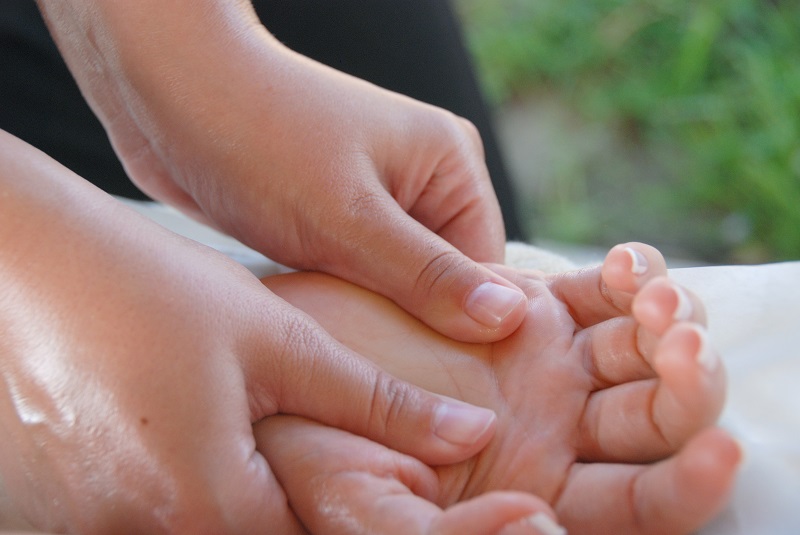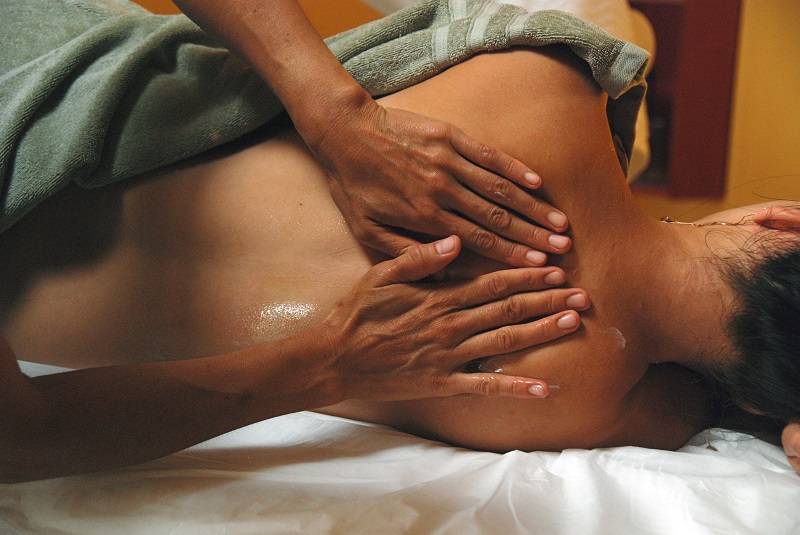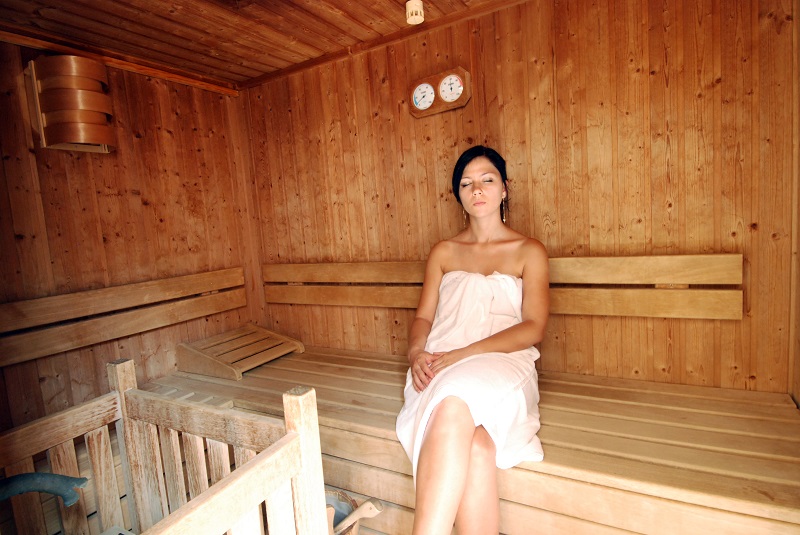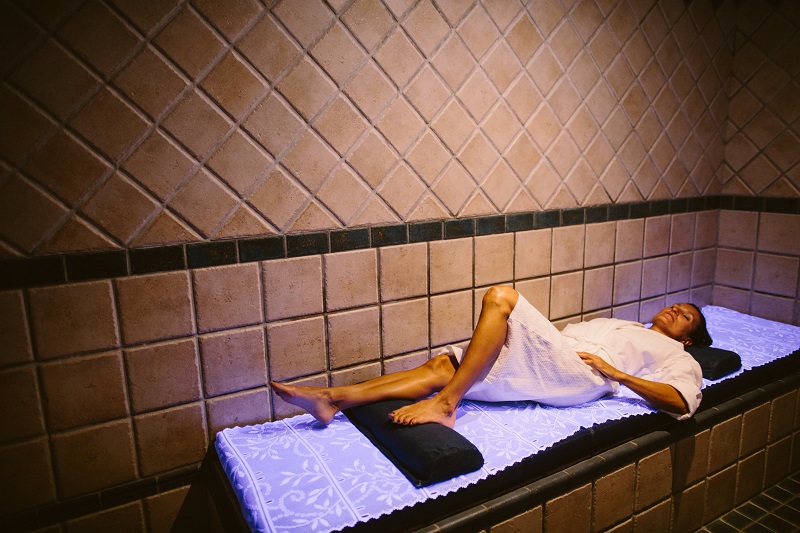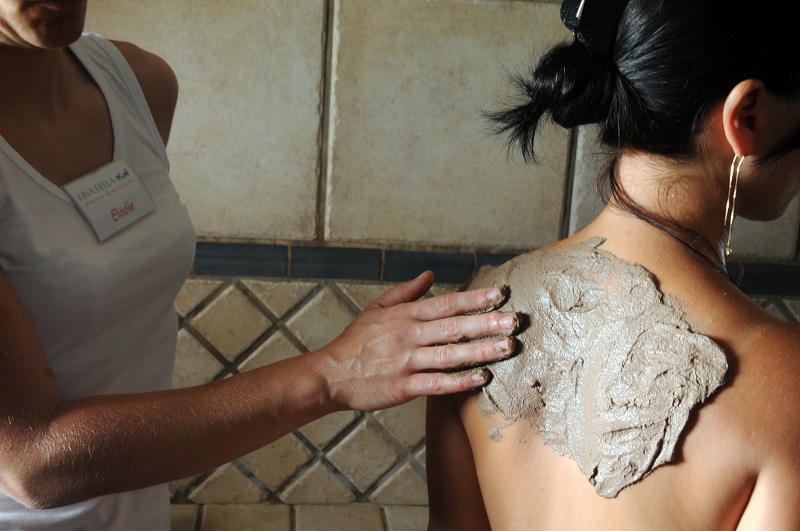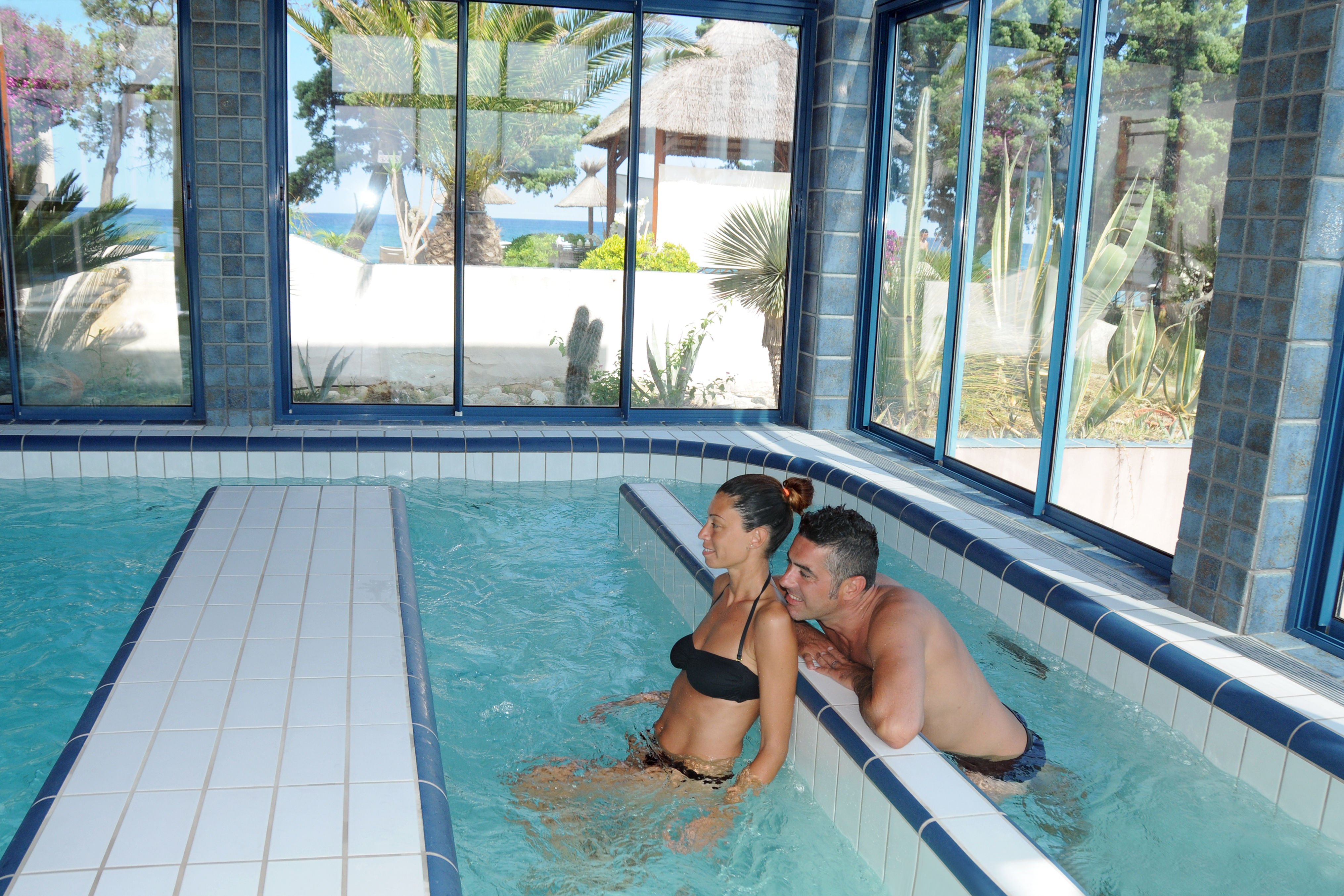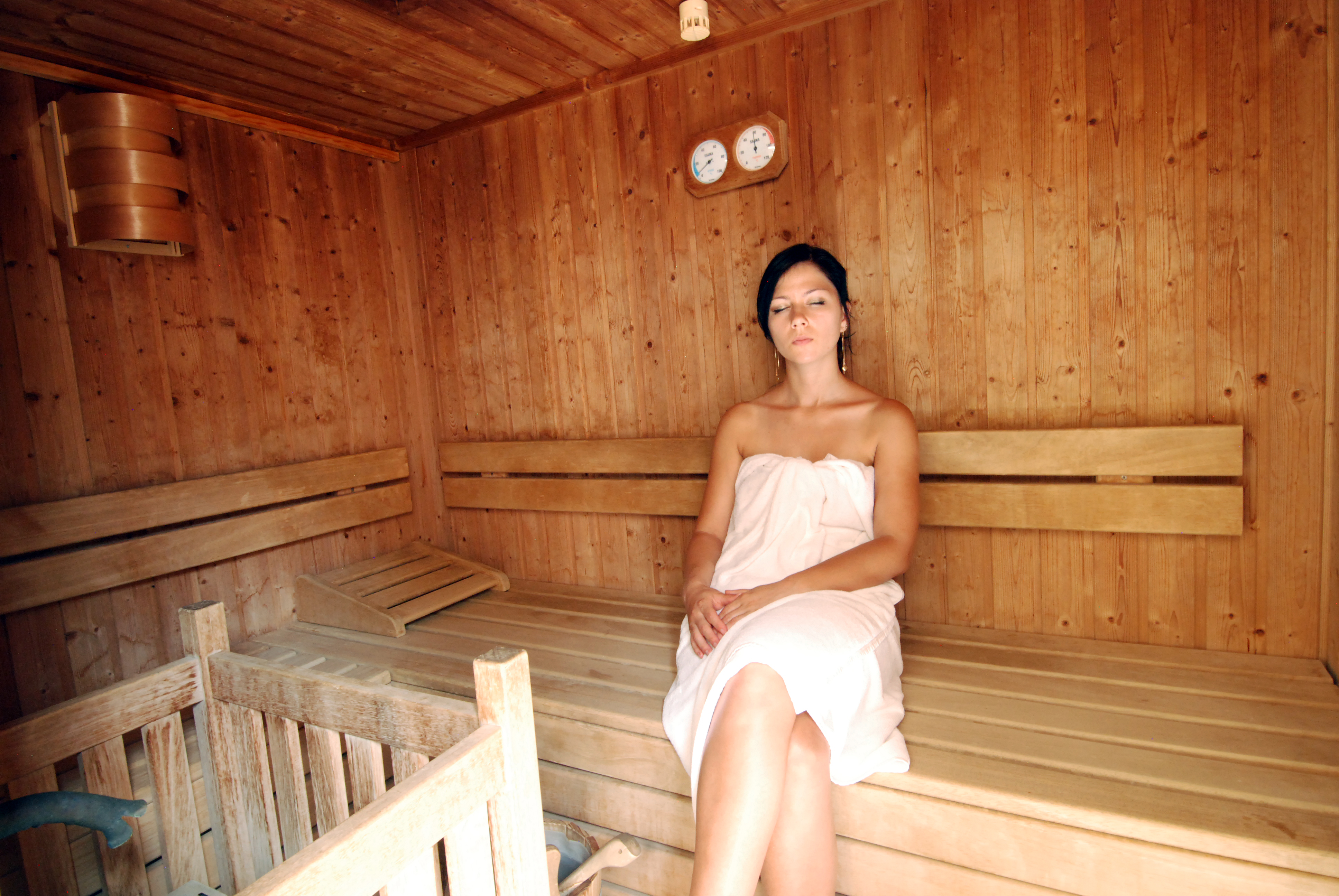CONDITIONS GENERALES DE VENTE
Centre Spa & Thalasso - Domaine De Riva Bella
Article 1 : DÉFINITIONS
Les présentes conditions générales de vente s’appliquent à toute réservation de séjours, soins et autres prestations effectuée via le site internet www.rivabella-Thalasso & Spa.com. Elles ont vocation à régir les relations entre le client et la Société SAS le Domaine de Riva Bella, société par actions simplifiées au capital de 1 800 000 euros, dont le siège social est situé 2693 Chemin Terrenzana, Riva Bella 20230 Linguizzetta immatriculée au R.C.S de Bastia sous le numéro 434 930 053 00013, N° de TVA intracommunautaire : FR06434930053.
« NOUS » et « NOTRE » : ce terme désigne le Domaine de Riva Bella.
soins Thalasso & Spa : ce terme désigne les soins et proposés à la vente sur le SITE INTERNET.
ACHETEUR : ce terme désigne le cocontractant, personne physique qui, à des fins non professionnelles, a commandé un ou plusieurs produits soins Thalasso & Spa sur le site Internet.
BÉNÉFICIAIRE : ce terme désigne l'ACHETEUR ou un tiers en tant que bénéficiaire du SOIN Thalasso & Spa, selon que l'ACHETEUR utilise personnellement le SOIN Thalasso & Spa ou le propose à un tiers.
SITE INTERNET :ce terme désigne le site Internet Riva Bella : www.rivabella-Thalasso & Spa.com, sur lequel les soins Thalasso & Spa sont présentés et vendus à l'ACHETEUR. Il est hébergé par SEQUOIASOFT, dont le siège social est situé au 2693 Chemin Terrenzana, Riva Bella 20230 Linguizzetta et est immatriculée au R.C.S de Bastia sous le numéro 434 930 053 00013, N° de TVA intracommunautaire : FR06434930053.
COMMANDE : ce terme désigne le contrat de vente entre Riva Bella et l'ACHETEUR. Toutes les commandes sont faites avec obligation d'achat.
PARTIE(S) :ce terme désigne conjointement ou individuellement l'ACHETEUR et Riva Bella.
Article 2 : OBJECTIF
Les présentes conditions générales de vente ont pour objet de définir les conditions générales qui régissent la relation de l'ACHETEUR avec NOUS et la manière dont la vente de soins Thalasso & Spa est proposée aux ACHETEURS via ce SITE INTERNET.
En conséquence, si l'ACHETEUR passe une COMMANDE d'un ou plusieurs soins Thalasso & Spa, cela implique que celui-ci ait accepté sans réserve et ait préalablement respecté, pleinement et intégralement, les présentes conditions générales de vente, qui prévaudront sur tout autre document, à moins que Riva Bella n'ait expressément accepté par écrit des conditions particulières. L'ACHETEUR reconnaît avoir pris connaissance des présentes conditions générales de vente préalablement à la passation de sa COMMANDE.
NOUS nous réservons le droit de modifier les présentes conditions générales de vente à tout moment. Néanmoins, les conditions générales de vente applicables à la COMMANDE de soins Thalasso & Spa passée par un ACHETEUR sur le SITE INTERNET sont celles que l'ACHETEUR a acceptées au moment de la passation de la COMMANDE.
Les présentes conditions générales de vente complètent les
conditions d'utilisation du SITE publiées à tout moment sous l'onglet « Mentions légales » du SITE et applicables à l'ACHETEUR.
Article 3 : DISPOSITIONS PARTICULIÈRES LIÉES À LA VENTE DE SOINS THALASSO & SPA SUR LE SITE INTERNET
Article 3.1 : Commandes soins Thalasso & Spa
Il est rappelé que les présentes conditions générales de vente s'appliquent uniquement à la vente en ligne de soins Thalasso & Spa sur le SITE.
Pour acheter un soin Thalasso & Spa, l'ACHETEUR doit se rendre sur le SITE INTERNET et se connecter à son compte en renseignant son adresse email et son mot de passe ou en créant un compte pour lequel il devra renseigner ses civilité, nom, prénom, adresse email et mot de passe. Une pièce d'identité devra être présentée au rendez-vous.
En conséquence, une COMMANDE en ligne d'un SOIN Thalasso & Spa implique ce qui suit :
NOUS enverrons un e-mail de confirmation et récapitulatif de la COMMANDE. Cet e-mail contient un code unique permettant au Thalasso & Spa choisi de vérifier si le soin n'a pas déjà été prodigué.
Article 3.2 : Restrictions, Prolongation & Recommandations
Les soins et bons cadeaux Thalasso & Spa sont valables 2 (deux) ans à compter de la date d'émission ils sont non remboursables et non échangeables. Aucune exception ne sera acceptée. (Sauf annulation par l'ACHETEUR). Si ils ne sont pas utilisés dans le délai de validité indiqué, ni l'ACHETEUR ni le BÉNÉFICIAIRE ne pourront prétendre à un remboursement.
Pour réserver les soins Thalasso & Spa le Domaine de Riva Bella, le BÉNÉFICIAIRE doit :
Avoir à disposition l'e-mail de confirmation. Appeler le centre Thalasso & Spa pour programmer la date et l'heure du rendez-vous. Le jour de la visite, le bénéficiaire devra présenter son e-mail de confirmation. Se présenter 15 minutes avant l'heure du rendez-vous afin de respecter l'horaire des séances de soins.
En cas de retard, la durée du soin sera réduite du temps équivalent au retard ; toute annulation doit être faite au moins 48 heures à l'avance pour donner lieu à un remboursement.
Nous vous prions d’informer le personnel en cas de problèmes de santé (problèmes circulatoires, allergies, asthme, etc.) ou de grossesse (certains traitements peuvent être déconseillés). En cas de maladie grave ou d'intervention chirurgicale lourde pratiquée peu de temps avant le rendez-vous, le bénéficiaire devra fournir un certificat d'aptitude médicale délivré par le médecin traitant.
Il est en outre précisé que :
La durée des soins indiqués est estimée. Les escapades et formules sont indissociables, non modifiables et doivent être réalisées en une seule séance. Le centre Spa et Thalasso n’est pas accessibles aux personnes de moins de 16 ans.
Article 4 : DISPOSITIONS COMMUNES LIÉES À LA VENTE DE SOINS THALASSO AND SPA
Article 4.1 : Commande
Une COMMANDE est considérée avoir été passée sur le SITE et les conditions générales de vente acceptées dès que l'ACHETEUR a validé son paiement. Les données enregistrées par NOUS et le prestataire de paiement sécurisé constituent la preuve de la nature, du contenu et de la date de la COMMANDE.
Si l'ACHETEUR double-clique sur la COMMANDE, cela constitue une signature électronique qui a la même valeur qu'une signature manuscrite. En double-cliquant et en acceptant les conditions générales de vente (case à cocher), l'ACHETEUR accepte sans réserve la COMMANDE.
La vente ne sera considérée comme définitive qu'après que NOUS aurons envoyé à l'ACHETEUR la confirmation de la COMMANDE et reçu le paiement intégral. NOUS recommandons à l'ACHETEUR de conserver une copie papier ou électronique des informations contenues dans la confirmation de la COMMANDE envoyée par le Domaine de Riva Bella. Nonobstant ce qui précède, NOUS nous réservons le droit d'annuler toute COMMANDE provenant d'un ACHETEUR avec lequel il existerait un litige de paiement antérieur ou pour tout autre motif légitime, notamment au regard du caractère anormal de la COMMANDE, sans qu'aucune indemnité ne soit fournie par NOUS.
À tout moment, l'ACHETEUR peut consulter l'état d'avancement de sa COMMANDE dans l'eThalasso & Space « Mon compte/Mes commandes" prévu à cet effet.
Article 4.2 : Paiement
Le règlement de la COMMANDE s'effectue en ligne sur le SITE INTERNET (www.rivabella-spa.com) au moyen d'une carte de débit ou de crédit (Visa et Mastercard). En cas d'acceptation d'un remboursement, celui-ci sera effectué en utilisant le même moyen de paiement que celui utilisé par l'ACHETEUR pour le paiement initial de la COMMANDE. En cas d'achat d'un ou plusieurs PRODUITS et/ou soins Thalasso & Spa sur le SITE via une carte de paiement, l'ACHETEUR indiquera, directement dans les champs prévus à cet effet, les éléments suivants : le numéro de la carte, sa date de validité, ainsi que le code de contrôle situé au dos de la carte. Le montant total de la COMMANDE sera débité de la carte bancaire le jour de la COMMANDE.
Si votre paiement par carte de débit ou de crédit n’est pas traité avec succès pour quelque raison que ce soit, nous ne tenterons pas à nouveau de traiter le paiement. En cas d’échec du paiement, la COMMANDE sera annulée. Si vous souhaitez procéder à la COMMANDE, vous devrez à nouveau passer COMMANDE.
Le bon cadeau Domaine de Riva Bella est valable deux an à compter de la date d'achat. A péremption, la carte ne peut plus être utilisée ni remboursée.
Comment utiliser la bon cadeau Riva Bella :
1. Pour utiliser le bon cadeau Riva Bella, rendez-vous sur www.rivabella-spa.com.
2. Choisissez les soins que vous souhaitez acheter et ajoutez-les à votre panier.
3. Accédez à votre panier une fois votre sélection effectuée.
4. A l'étape du paiement, entrez le code unique de votre Bon cadeau Riva Bella dans le champ « code promotionnel ».
5. Le montant de votre bon cadeau Riva Bella sera alors déduit de votre commande. Si le montant de votre E-carte n’est pas suffisant pour réaliser tous vos achats, vous pourrez compléter à l’étape paiement par carte bancaire. Si la valeur de la e-carte est supérieure au montant de l'achat, le bénéficiaire ne percevra pas la différence ; le solde n'est ni remboursable, ni utilisable pour un prochain achat. La totalité du montant restant sera perdue.
NOUS nous réservons le droit de suspendre tout traitement de COMMANDE et de livraison en cas de défaut de paiement ou de refus d'autorisation de paiement par carte bancaire de la part des organismes officiellement accrédités que l'on trouve habituellement sur Internet.
NOUS nous réservons le droit de refuser d'honorer une COMMANDE d'un ACHETEUR qui n'aurait pas réglé tout ou partie d'une précédente COMMANDE ou avec lequel existerait un litige de paiement.
NOUS nous réservons le droit de refuser d'honorer une COMMANDE à un ACHETEUR qui ne pourrait justifier l’origine de la e-carte cadeau en sa possession.
NOUS ne serons pas tenus responsables de toute utilisation abusive ou frauduleuse de tout moyen de paiement qui n'aurait pas été détecté par le processus de vérification. L'ACHETEUR NOUS garantit qu'il dispose des autorisations nécessaires pour utiliser le mode de paiement choisi pour sa COMMANDE.
Toute utilisation frauduleuse de la carte de crédit ne sera pas éligible à un remboursement de NOTRE part.
Si vous avez bénéficié d'un crédit sur votre compte le Domaine de Riva Bella, sachez que celui-ci ne pourra être prolongé au-delà de la date indiquée.
Article 4.3 : Sécurité des paiements
Nous prendrons toutes les précautions raisonnables, dans la mesure où cela est en notre pouvoir, pour sécuriser les détails de votre commande et de votre paiement, mais en l'absence de négligence de notre part, nous ne pouvons être tenus responsables de toute perte que vous pourriez subir si un tiers obtient un accès non autorisé à des données que vous avez fournies lors de l'accès ou de la commande sur le site Internet.
Si vous avez bénéficié d'un crédit sur votre compte le Domaine de Riva Bella, sachez que celui-ci ne pourra être prolongé au-delà de la date indiquée.
Article 4.4 : Expédition & Livraison
La livraison du bon cadeau est effectué directement sur l’adresse email renseignée par l’ACHETEUR.
Le Domaine de Riva Bella s'engage à préparer la COMMANDE sous 24 heures à 2 jours ouvrés..
Article 4.5 : Retards et annulations
Tout retard pourra entraîner une diminution de la durée de soin jusqu’au prorata de votre retard (le cas échéant, le prix du soin reste inchangé). Si vous êtes amené à reporter ou annuler votre rendez-vous, merci de nous en informer au moins 48 h à l’avance ; tout rendez vous non annulé sera facturé.
Article 4.6 : Traitement des données & Libertés
Les informations recueillies par le Domaine de Riva Bella lorsque l'ACHETEUR passe une COMMANDE sont nécessaires au traitement de la COMMANDE par le Domaine de Riva Bella et ses partenaires commerciaux. le Domaine de Riva Bella s'engage à préserver la confidentialité des données personnelles transmises par l'ACHETEUR.
Conformément à la Loi sur la protection des données n°78-17 du 6 janvier 1978 modifiée et au Règlement général sur la protection des données n°2016/679 en date du 27 avril 2016, l'ACHETEUR dispose d'un droit d'accès, de rectification, d'opposition, de suppression sous réserve de motifs légitimes, de portabilité des données le concernant,
ainsi que d'un droit à la « mort numérique ». L'ACHETEUR peut exercer ces droits. Pour exercer ces droits, une demande écrite doit être faite via le formulaire de contact en cliquant ICI.
le Domaine de Riva Bella pourra adresser des offres promotionnelles par courrier ou e-mail, y compris la e-newsletter, sous réserve de l'accord préalable de l'ACHETEUR lors de la procédure d'inscription.
Pour en savoir plus sur notre politique de protection des données personnelles, veuillez consulter notre Politique de protection des données personnelles.
Article 4.7 : Propriété intellectuelle
Le SITE est une propriété intellectuelle protégée par la Loi sur la propriété Intellectuelle. Les éléments du SITE (tels que notamment les marques, logos, photographies, images, illustrations, textes, slogans, vidéos, etc.) sont la propriété exclusive de le Domaine de Riva Bella.
Aucun droit d'utilisation ne peut être accordé concernant les droits de propriété intellectuelle figurant sur le SITE. NOUS nous réservons le droit d'entamer des poursuites judiciaires pour toute violation de ses droits de propriété intellectuelle.
La reproduction de tous documents publiés sur le SITE n'est autorisée qu'aux fins exclusives d'information pour un usage strictement personnel et privé. Toute reproduction et/ou représentation totale ou partielle, utilisation, adaptation ou modification du SITE ou de l'un de ses éléments sur quelque support que ce soit, et sous quelque forme que ce soit, à toute autre fin et notamment à des fins professionnelles, sont expressément interdites.
Toute reproduction et/ou représentation du SITE ou de l'un de ses composants doit être expressément autorisée par NOUS. Toute utilisation non autorisée constitue un délit puni par la loi.
La création de liens hypertextes vers le SITE ne peut être réalisée qu'avec l'accord préalable et écrit du Domaine de Riva Bella. le Domaine de Riva Bella n'est pas responsable du contenu, des publicités, des PRODUITS ou des services disponibles sur ou à partir de sites Internet liés au SITE.
Les marques citées sur le SITE sont déposées et donc protégées et sont la propriété exclusive du groupe Domaine de Riva Bella.
Article 4.8 : Litiges
Dans le cadre d’un litige avec notre établissement, vous avez la possibilité de nous contacter de la manière suivante :
• Envoi d’un courrier par lettre recommandée avec accusé de réception au gestionnaire du village
• Envoi d’une copie de ce courrier au service clients à : rivabella.corsica@gmail.com Si la réponse ne vous satisfait pas, vous avez la possibilité de saisirle Centre de médiation Medicys, après un délai d’un mois suite à l’envoi de ces courriers/mails. Vous devez déposer un dossier par courrier : Medicys -73 Boulevard de Clichy -75009 PARIS.
Article 4.09 : Droit applicable & Juridiction
Les présentes conditions générales de vente, ainsi que la vente des PRODUITS et des soins Thalasso & Spa, sont soumises au droit français. À défaut de médiation, tout litige relatif à l'interprétation, à l'exécution ou à la rupture du contrat entre NOUS et l'ACHETEUR sera soumis à la compétence exclusive des tribunaux français.
Article 5 : COMPORTEMENT
D’avril à début novembre, la Résidence de Vacances et sa plage sont naturistes mais la nudité n’est pas obligatoire à la Thalasso. Si vous ne pratiquez pas le naturisme et désirez séjourner à Riva Bella à cette époque, c’est évidemment possible : une partie de la plage est réservée aux « Textiles » à 800 m de la Thalasso.
Les soins que nous vous proposons visent au mieux-être, à la détente et à la relaxation, de manière saine et respectueuse, sans aucune dimension érotique. Nous nous réservons le droit d’exclure immédiatement, définitivement et sans remboursement toute personne dont l’attitude irait à l’encontre de notre éthique.












